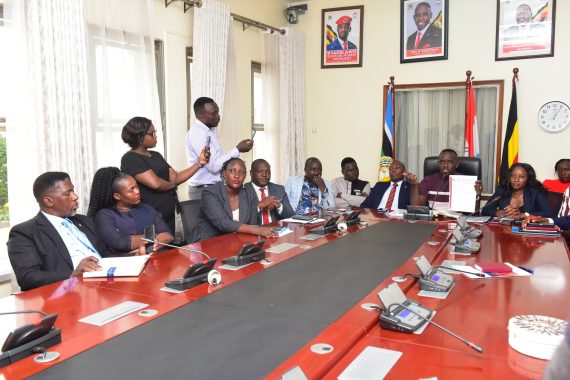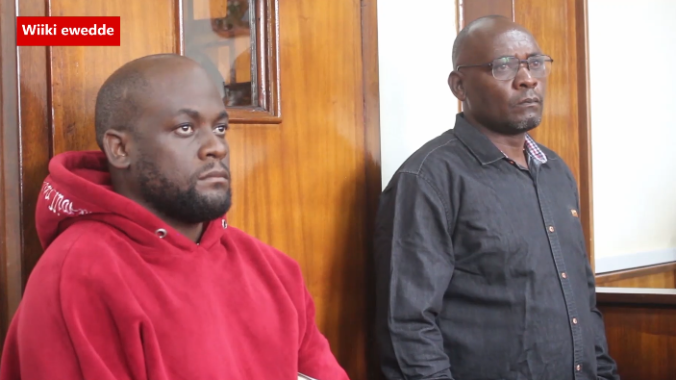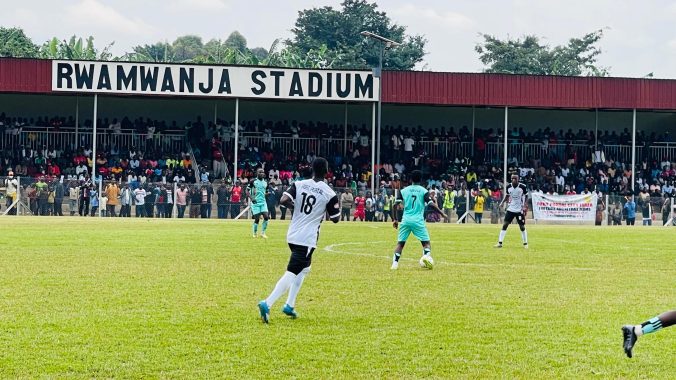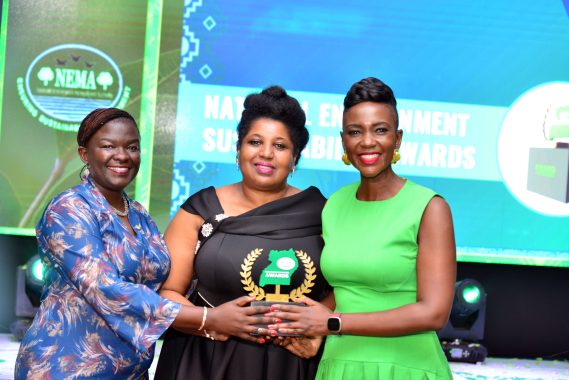Joel Ssenyonyi, the Leader of the Opposition in Parliament, has expressed concerns over the proposed expenditure of Shs20 billion for upcoming Regional Parliamentary sittings.
During a presser on Tuesday, Ssenyonyi described the planned spending as a misuse of taxpayer money, calling into question the financial and logical rationale behind the decision.
Ssenyonyi pointed out that each of the four scheduled sittings is expected to cost approximately Shs5 billion. The sessions are to be held in Gulu, Mbarara, Mbale, and a district in Central Uganda.
“This expenditure is difficult for us to explain to the public and the people we represent. It is total wastage, so we are saying, for this which doesn’t make logical, financial sense, it is a problem we don’t want to be part of.”he stated
The opposition leader expressed concern that the growing public frustration over perceived corruption and misuse of power within Parliament could be exacerbated by such financial decisions. He cautioned that continued wasteful spending might intensify public discontent.
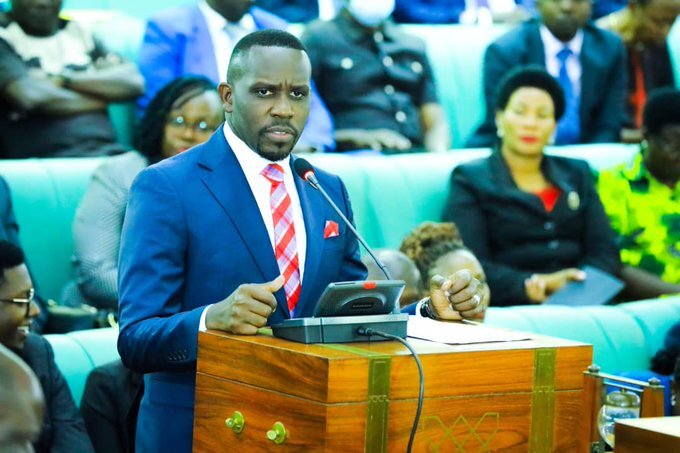
“Parliament has been under fire, and rightfully so, as the public has learned of the grand theft occurring in this organization, in various offices, starting with the top office,” Ssenyonyi said. “Then you come out and do such a thing which isn’t explainable at all; it doesn’t make sense.”
Ssenyonyi further questioned why the allocated funds are not being used to empower Parliamentary Committees in their oversight roles.
He argued that these committees could use the resources to engage directly with communities, gather public concerns, and compile reports for parliamentary debate.
“That is why you hear some sections of the public saying that maybe this is another ploy to account for money that is being stolen,” he speculated. “Our (Opposition) participation is difficult to justify. We have Committees of Parliament, and these Committees work on behalf of Parliament. Why don’t we empower committees? Many times committees complain that they aren’t able to go out to the field; why don’t we empower committees as opposed to doing it this way?”



